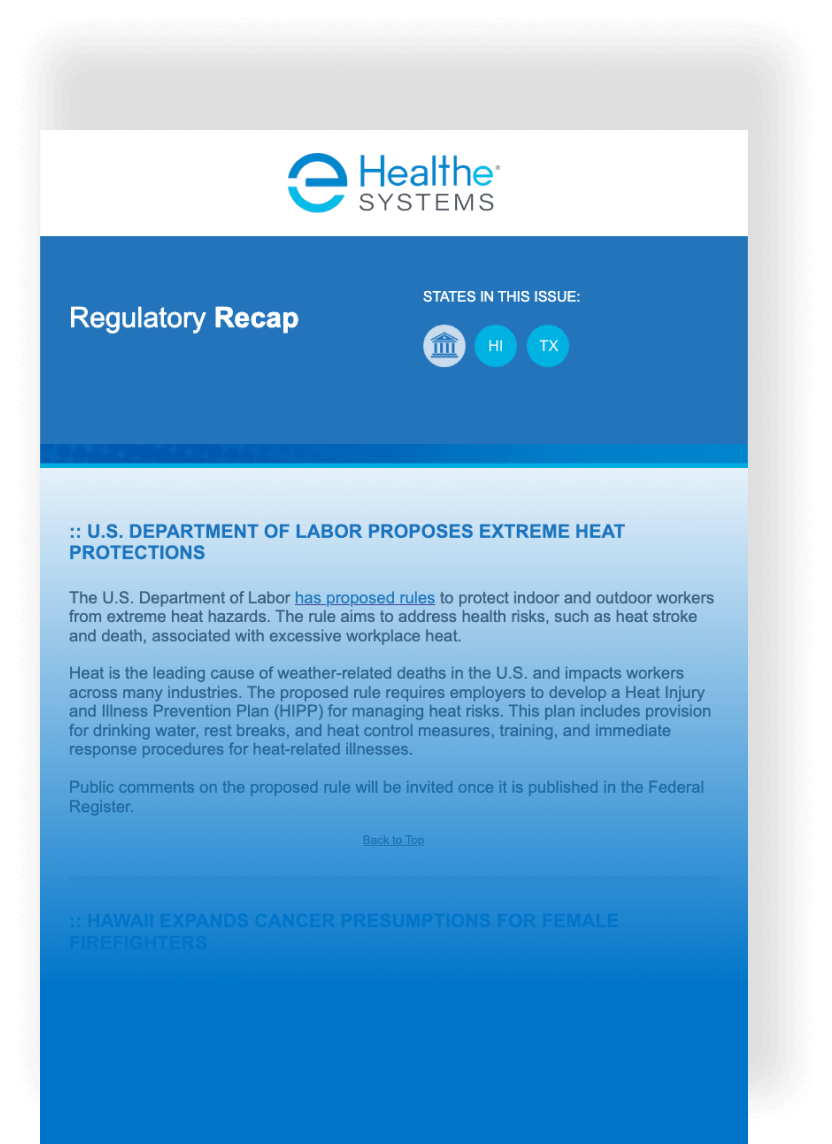Florida House Bill 1069 was introduced, which would allow businesses to create their own programs to compensate workers for occupational injuries as an alternative to participating in the state's workers' comp system.
This bill would allow employers to become a "qualified compensation alternative employer." Employers opting for this alternative would be required to adopt written plans that provide no-fault benefits and adhere to specific criteria, such as excluding coverage for willful injuries and defining accidents as unexpected events.
Key aspects of the bill include:
- Benefits must be provided if an employee reports an accident or occupational disease exposure within three days
- Occupational diseases must be defined as those specific to a particular trade or type of work, excluding common diseases of life
- Medical expenses would be covered for at least 156 weeks, up to $300,000 per employee
- Indemnity benefits would be at least 75% of the worker’s average weekly wage, available for 156 weeks
- The bill mandates a one-time $10,000 funeral expense and death benefits of at least $150,000, paid in 60 monthly installments
- Employers would have full control over medical providers and are not liable for subsequent injuries unless caused by the original injury
Employers would also need to demonstrate financial ability to provide benefits and have the option to self-administer or hire a third-party administrator for claims processing.
If enacted, the bill would become effective September 1, 2026.







